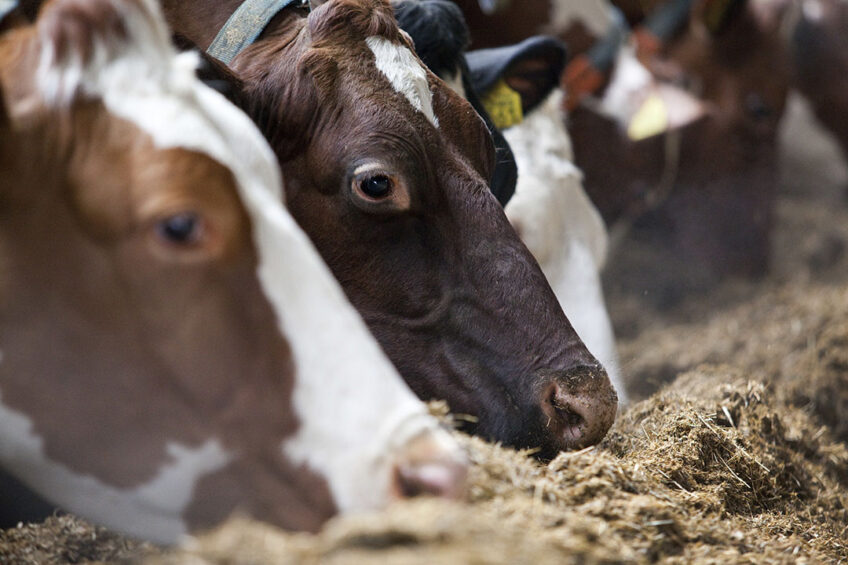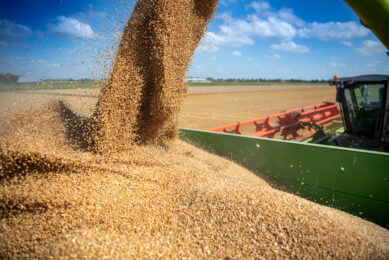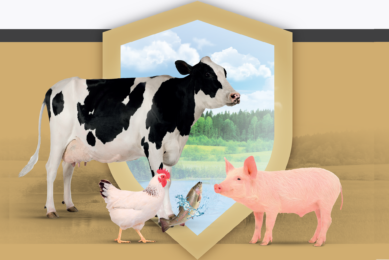India: High Aflatoxin level in milk

After a Food Safety and Standards Authority of India’s (FSSAI) report revealed a cancer-causing substance Aflatoxin M1 in milk samples, the government in the southern Indian state of Tamil Nadu decided to form a high-level committee that will look into this.
The committee comprising of officials from the state food safety, health, and animal husbandry departments, Tamil Nadu Co-operative Milk Producers’ Federation Limited, Tamil Nadu Veterinary, and Animal Sciences University (TANUVAS) and some research agencies will study the report and will also take samples to find out the reasons and how the toxin managed to enter in the animal food chain.
Speaking on this, an official in the state animal husbandry ministry said, on condition of anonymity, samples of cattle feed, fodder, and milk will be collected from across the State and tests will be conducted on quality and safety parameters. Apart from this, tests will also be carried out on the toxic impact on the climatic condition of cattle and will also look into the regulations of food grain waste disposal, the official added.

Speaking about this, the director of the animal husbandry department, A Gnanasekaran said that the government has asked its officers to make farmers and cattle owners aware of how to handle all the fodder and feed throughout the year. We are also asking farmers and cattle feed sellers to take care of their feed and see if there is any fungal infection during the summer period, during which samples by FSSAI was collected from the state.
Asking the state government to provide farmers with proper feed, Tamil Nadu Milk Producers’ Welfare Association (TNMPWS) general secretary MG Rajendran said that as there is no proper facilities at the farmer’s house to manage cattle feed during the rainy season, I ask the government to increase prices of milk by INR 5 per liter. This extra money can be used by farmers to manage their cattle feed. We are ready to cooperate with the government, but milk farmers should not be harassed and there should not be any seizure of milk under any circumstances, Rajendran underlined.

Mitigating mycotoxins is a huge global challenge with no universal solution. Developments need to happen from all sides of the supply chain. Here, the latest breakthroughs are explored. Check this out
88 samples exceeded permissible limits
According to the FSSAI’s ‘National Milk Safety and Quality Survey 2018’ released on 18 October 2019 – 88 milk samples, out of the 551 collected from the state, had Aflatoxin M1 level and did not comply with permissible limit. FSSAI standards prescribe 0.5 PPB (parts per billion) Aflatoxin level in milk and milk products, the toxic content level exceeded permissible limits in the milk samples taken for the survey.
State farmers feed their cattle with groundnut or paddy straw, which are mostly stored in farmers’ houses. During rainy season feed is covered with plastic sheets, as farmers have no proper places for storage.
Farmers also feed cattle with a concentrated mixture, which includes food grains, husk, minerals and molasses obtained from sugar mills. Tamil Nadu Progressive Consumers’ Centre president T Sadagopan said that FSSAI should upload the test and inspection results of any food products on its website, so that consumers can check the quality of milk. The functioning of the FSSAI should be made transparent.
An animal husbandry department veterinarian said that Aflatoxin M1 enters in milk from food grain waste from industries and fodder which are fed to cattle and are mostly stored in the open. Once the moisture level goes beyond 11%, the feed gets a fungal infection. Subsequently, the fungus gets converted into a carcinogen (Aflatoxin) in the cattle and transferred to milk. Tamil Nadu currently produces 20 million litres of milk a day, of which 3.4 million litres are procured by State-owned Co-operative Milk Producers’ Federation, Aavin, while the remaining quantity is sold to private companies.

Mycotoxin Knowledge Centre: This interactive tool provides information on the impact on livestock health, A-Z of mycotoxins, plus the regulations for mycotoxins per commodity per country.
Join 13,000+ subscribers
Subscribe to our newsletter to stay updated about all the need-to-know content in the dairy sector, two times a week.










